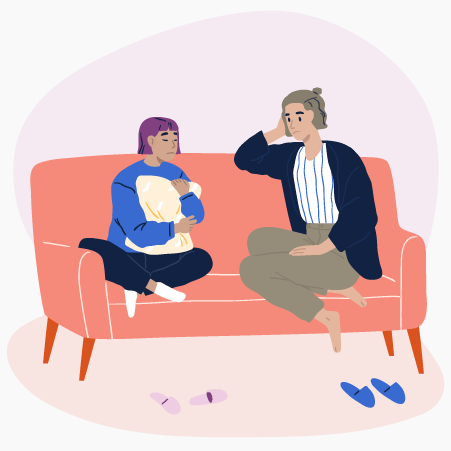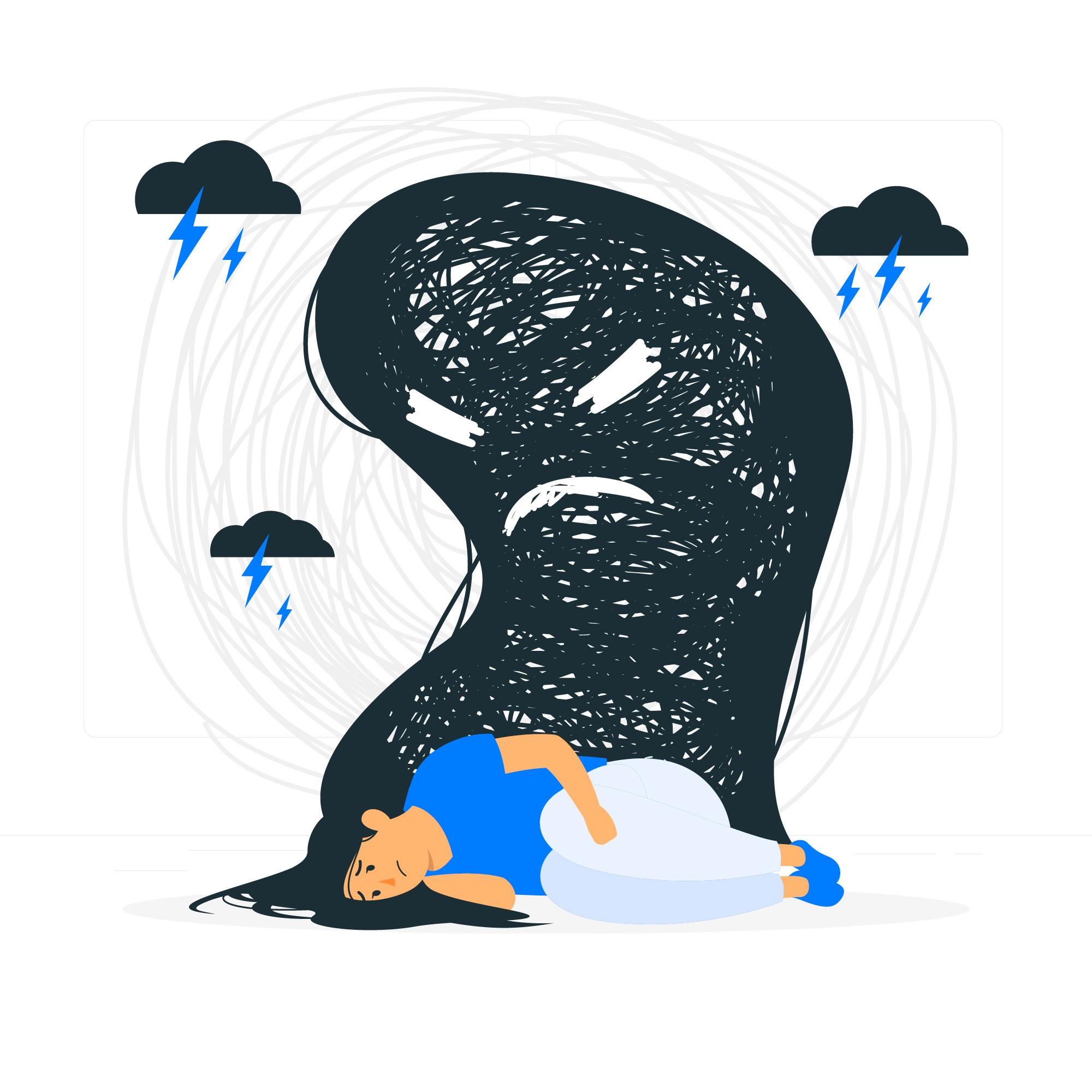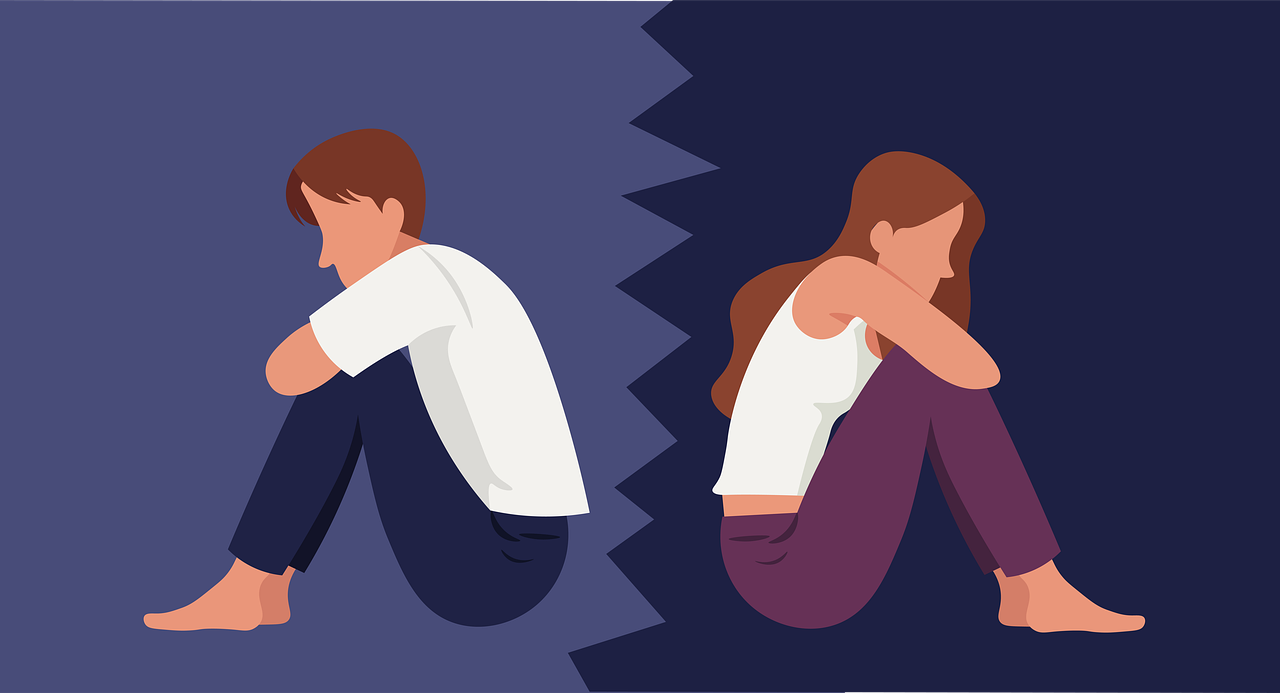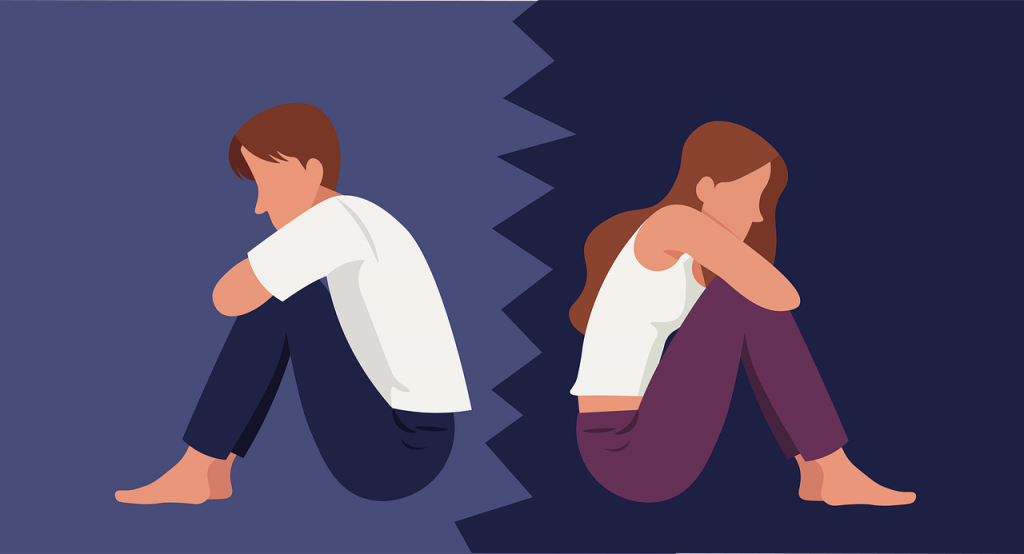Teen Suicide: What Parents Need to Know

It can be hard to imagine talking with your teen about suicide. But given that it is the second leading cause of death among young people, it makes sense to be prepared to have that conversation. How can we as parents create a safe, nonjudgmental space where our teens feel comfortable talking about hard things? Read more ›


 When I
When I 
 Suicide is the second-leading cause of death for adolescents. The social and academic stresses of these years, combined with the availability of alcohol and drugs and the effect of social media, leave many parents concerned about the mental well-being of their children.
Suicide is the second-leading cause of death for adolescents. The social and academic stresses of these years, combined with the availability of alcohol and drugs and the effect of social media, leave many parents concerned about the mental well-being of their children. 
 During my nearly 15 years as an adolescent psychiatrist, I have worked with hundreds of young people and their families seeking a path to mental health through problem-solving, relationship and communication tools—and when appropriate—medication. But, until last year, I had not seen hopelessness so prevalent in young people.
During my nearly 15 years as an adolescent psychiatrist, I have worked with hundreds of young people and their families seeking a path to mental health through problem-solving, relationship and communication tools—and when appropriate—medication. But, until last year, I had not seen hopelessness so prevalent in young people. 
 Anyone can experience mental health problems. Friends and family members can make all the difference in a person’s recovery process. Learn how to support your friends and loved ones with mental health problems.
Anyone can experience mental health problems. Friends and family members can make all the difference in a person’s recovery process. Learn how to support your friends and loved ones with mental health problems. 


 Focusing on depression and suicide prevention, Newton resident Sarah Mausner has coordinated the release of Promise Me, one of three comic books to educate teenagers about mental health issues through artwork and illustrations.
Focusing on depression and suicide prevention, Newton resident Sarah Mausner has coordinated the release of Promise Me, one of three comic books to educate teenagers about mental health issues through artwork and illustrations.
 Spending just one hour per week for a month with therapy dogs led to a significant improvement in executive functioning for college students at risk of failing academically.
Spending just one hour per week for a month with therapy dogs led to a significant improvement in executive functioning for college students at risk of failing academically. 
 First, determine how much your symptoms interfere with your daily life. This fact sheet from the
First, determine how much your symptoms interfere with your daily life. This fact sheet from the 
 Suicide rates for adolescents have risen over the past two decades. In 2019, nearly 1,600 adolescents between the ages of 12 and 17 died by suicide. Only about 40% of adolescents who die by suicide have been treated for a mental health concern. To help ensure that at-risk youth receive help, it is important to screen broadly for suicide risk.
Suicide rates for adolescents have risen over the past two decades. In 2019, nearly 1,600 adolescents between the ages of 12 and 17 died by suicide. Only about 40% of adolescents who die by suicide have been treated for a mental health concern. To help ensure that at-risk youth receive help, it is important to screen broadly for suicide risk. 

